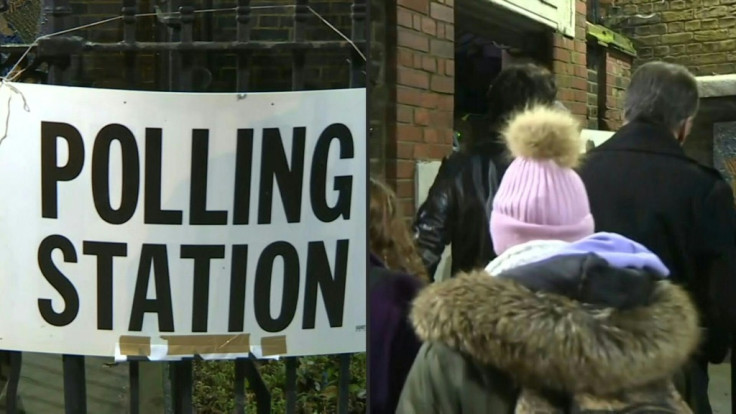Levelling Up Committee Chair raises concerns over voter turnout data accuracy ahead of local elections
Clive Betts has questioned the prospective accuracy of voter turnout data in correspondence with the electoral commission. Concerns lie over data on those turned away at polling stations who lack ID.

Effective democracy is contingent on a variety of factors, including accurate media reporting, well-informed voters, and effective electoral systems. However, one would assume that among the most important factor would surely be voter turnout. The higher voter turnout is, the more accurate a representation of the election results is likely to be of the distribution of public opinion.
Moreover, if eligible citizens do not vote, a sense of inclusion and trust in British democracy could be put at risk. Therefore, the government need to understand the effect of electoral rules on voter turnout so they can ensure they are as conducive to participation as possible.
The government have introduced legislation which requires voters to display photo ID before voting. The local elections on the 4th of May will be the first time these new rules have come into play. A list of the accepted forms of photo ID is displayed here.
The change to voting rules was passed by the 2022 Elections Act. According to Rachel Maclean, Minister of State at the Department for Levelling Up, Housing and Communities, the use of ID "is central to protecting our electoral system from the potential for voting fraud."
However, objections have been raised over the level of voting fraud and whether it justifies the photo ID requirement. Concerns have also been raised over the restriction of those that do not possess photo ID from voting.
Accordingly, one key question is how many voters will be turned away at polling stations because they do not possess the required photo ID.
Clive Betts, Chair of the Levelling Up, Housing and Communities (LUHC) Committee, stated: "We simply won't know how many people will have been turned away in a queue outside a polling station because they do not have the requisite ID." Betts goes on to say that the government's system "makes it almost impossible to judge the true impact of the introduction of voter ID."
Meeters and greeters
Data accuracy concerns lie over the prospective use of meters and greeters outside many polling stations across the country.
Betts raised accuracy concerns in a letter to the Chair of the Electoral Commission, John Pullinger, asking whether there were plans to collect "data on the number of individuals turned away outside of the polling station by the meeter-greeters." That is, as well as those turned away at polling station desks.
Crucially, these meeters and greeters could turn away those who do not have the necessary photo ID. However, they are not legally permitted to record data on the numbers that are turned away according to Pullinger's response to Betts. That responsibility lies with "a poll clerk or presiding officer," who collects data at the issuing desk where voters request ballot papers.
Therefore, it is possible to arrive at a polling station without a photo ID and be turned away by the meeter-greeters before the opportunity arises for polling staff to make a record at the issuing desk.
This means that the true number of people who actually turn up to polling stations intending to vote might be unknown, given that those who do not possess the necessary photo ID could be rejected before their presence is recorded by polling staff.
However, whilst acknowledging that Electoral Registration Officers are not expected to "collect data via greeters", Pullinger also states that prospective voters could be "deterred earlier in their journey or earlier on polling day." That is, before turning up at a polling station. Therefore it has "never been the case that an accurate, specific number of people impacted could be defined."
Responding to Pullinger in a second letter, Betts asked how the Electoral Commission can "be confident in their assessment of the roll-out of voter ID if an accurate number of people impacted will not be known?" In his letter, Betts refers to confirmation by the government that the Electoral Commission's data will constitute "a significant part" of government evaluations of the "implementation and impact of voter ID."
In a follow-up response, Pullinger indicates that a wider gauge of the effect of new voting rules can be attained through the use of post-election public surveys. He references the example of the pilots carried out in 2019, in which the use of a public opinion survey suggested a wider impact of ID rule changes than polling station data alone. Pullinger also highlights that Electoral Commission will separate data from polling stations with and without meeters-and-greeters, allowing them to potentially assess the impact of meeters-and-greeters on data collected at issuing desks.
© Copyright IBTimes 2025. All rights reserved.




















